Does Drinking Alcohol Cause Acne?
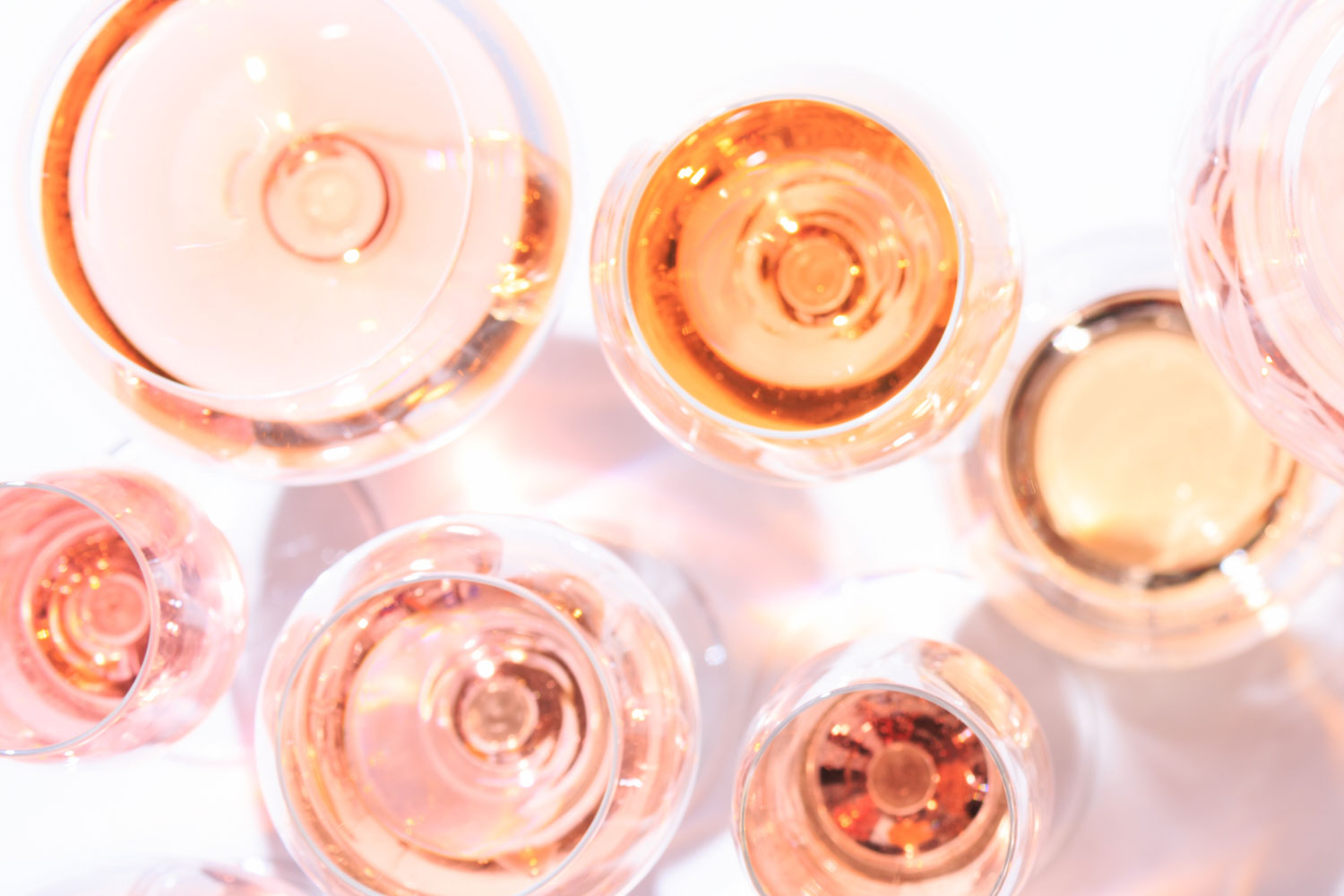
Ever heard that drinking alcohol can result in ruddy skin splattered with pimples?
While drinking alcohol such as beer, wine, or spirits doesn't directly cause acne, it can disrupt hormone levels, blood sugar, and your immune system. These changes can dramatically impact your skin health.
The rumors aren’t all they’re cracked up to be – that glass of wine isn’t going to immediately result in red, painful pimples, but don’t cheer quite yet.
Alcohol does inflict a bit of damage to our skin. There is a surprising indirect connection between alcohol and breakouts, and drinking copious amounts of alcohol will lend itself to sallow, unhealthy skin with a large side of pimples. Why do alcoholic beverages affect our skin so much?
Alcohol and Acne
Your diet and acne are related. The consumption of alcohol can alter your hormone levels and an imbalance in estrogen or testosterone levels has been proven to be a direct cause of acne. It’s also important to consider the role stress plays in alcohol consumption; many people drink alcohol to curb stress levels, and higher rate of stress are known to affect hormones. The combination of stress, drinking alcohol, and acne can result in worsened breakouts.
The Research
As of yet, there’s no key research study that illustrates a direction link between alcohol and acne. However, there have been numerous studies that show alcohol can affect our hormones. As hormones are one of the top causes of acne, it would seem alcohol consumption may indirectly affect our skin. How? In one study, researchers found that both men and women showed increases in testosterone and estrogen levels after alcohol consumption.
When testosterone levels are increased, the body triggers the production of androgens. These male hormones then pump out an oily substance called sebum through the sebaceous gland. When the pores become clogged with sebum, the oil can mix with debris, dead skin cells, and bacteria. If left to fester, this mixture can quickly result in a painful, inflamed pimple.
Alcohol and Your Immune System
Drinking alcohol can wreak havoc on your body’s immune system. Even just a single night of binge drinking can affect your immune system. In one study, seven men and eight women were given high doses of alcohol; each was given up to five shots of vodka within a 20-minute period. The researchers took blood samples from each individual 20 minutes, 2 hours, and 5 hours after alcohol consumption.
They then isolated immune cells within the sample and measured the response of these cells to proteins from harmful bacteria. During the first reading (taken 20 minutes after the first shot was consumed), scientists noticed the immune system was already having to work harder. As time went on, the immune response decreased, with reduced amounts of important killer cells and monocytes found circulating in the blood. A strong immune system can help fight off acne bacteria, while a weakened immune response could see acne taking over your skin.
Is stress the cause of acne? No, but stress’s effects on the immune system are also of note in the fight against acne. Alcohol is a drug, and overuse of any drug can lead to heightened stress. When we’re stressed, our immune system suffers. The body responds by releasing stress hormones, including cortisol. When these stress hormones make their way through your bloodstream, blood vessels begin to dilate, causing your blood pressure to rise. As this stress continues to wreak havoc on your body, the immune system is consistently pressed.
Why is an immune system in overdrive a bad thing? There has been research that suggests an overactive immune system can make breakouts worse; as our immune response sends white blood cells and triggers inflammation, the result is irritated skin and painful pimples.
Alcohol and Sugar
Alcoholic beverages are rife with sugar, and the mixers that many people use in their favorite cocktails add an extra dose. There have been numerous studies done on the effects sugar has on the skin. Excess sugar can cause inflammation, and this can lead to skin irritation and painful pimples. Consider this study from The American Journal of Clinical Nutrition. Researchers gave 29 men one or two cans of soda every day for three weeks. After three weeks, their CRP levels (indicative of inflammation) rose by a whopping 87 and 105 percent respectively. Whether you use soda to mix with your alcohol or not, it’s safe to say you’re getting equivalent amounts of sugar if you drink alcohol regularly.
When your blood sugar levels increase, your body responds by producing insulin. This hormone transports sugar into the cells and reduces blood sugar levels. The higher your insulin levels, the more IGF-1 your body produces—this growth hormone is directly correlated to acne.
If you do choose to drink alcohol, steer clear of the sugary mixed drinks, and be cognizant of just how much sugar is in that wine or shot glass.
Clearer skin in as little as two weeks.
This 3-step routine combines the most effective (clinically-proven) acne fighting ingredients with powerful plant intelligence to leave your skin nourished, refreshed, and clear.
Try Some
Liver Damage and Your Skin
It’s no secret that alcohol consumption can damage your liver, but how does liver damage play into skin health? Our livers are responsible for purifying toxins that enter the body, then signaling them for use or excretion. If your liver is compromised, it will be unable to adequately purify and rid the body of these harmful substances. These toxins can end up in storage within the fatty tissue, or be expelled through different channels, one of which is the skin. Should toxic substances mix with sebum, you may wake up to pimples.
Skin Aging
Excessive alcohol use can be one of the causes of dry skin. Alcohol dehydrates the body and can leave your skin dry, cracked, and red. When you consume alcohol, the body slows down the production of an anti-diuretic known as vasopressin. This means your kidneys are tasked with removing excess water, which reroutes water that would have gone to your organs (including your skin) to your bladder.
When the skin is dry, it’s more likely to develop wrinkles, which can leave you looking much older than you actually are. Dehydration can also cause the skin to look sallow and gray.
To combat this alcohol-related dehydration, drink a glass of water for every serving of alcohol and limit your overall consumption.
Moderation Is Key
You’ve likely seen the headlines or heard the gleeful reporting that the occasional glass of wine can actually provide some important health benefits. While the research is inconclusive, there are some convincing signs that alcohol consumed in moderation can provide some pretty enticing health benefits that play a role in your skin’s appearance.
One of these benefits is better sleep. While drinking yourself to oblivion isn’t a wise way to get shuteye (as over-consumption can actually disrupt your REM cycle), a single glass of red wine at night could help you get better rest. According to an Italian study, grapes used to create red wine contain high levels of melatonin, a sleep hormone that can help you fall asleep faster and stay asleep longer.
While drinking a beer or sipping on a glass of wine occasionally won’t affect your skin too harshly, regular alcohol consumption can result in worsened breakouts and skin irritation. Limit your alcohol intake and drink responsibly.
Here are some additional acne resources you may find interesting:
Clogged or Congested Pores?
A complexion perfecting masque that tautens and tightens skin without over-drying.
Get Clear
Abby Vinas
Abby Vinas has long been an active member of the holistic health community, advocating in favor of its benefits to both our physical and emotional well-being. Her commitment to leading a healthy lifestyle has made her an authority on self-care practices. Abby is passionate about fitness, nutrition, and proper skincare, and is also an avid lover of avocado toast and dog-petting.
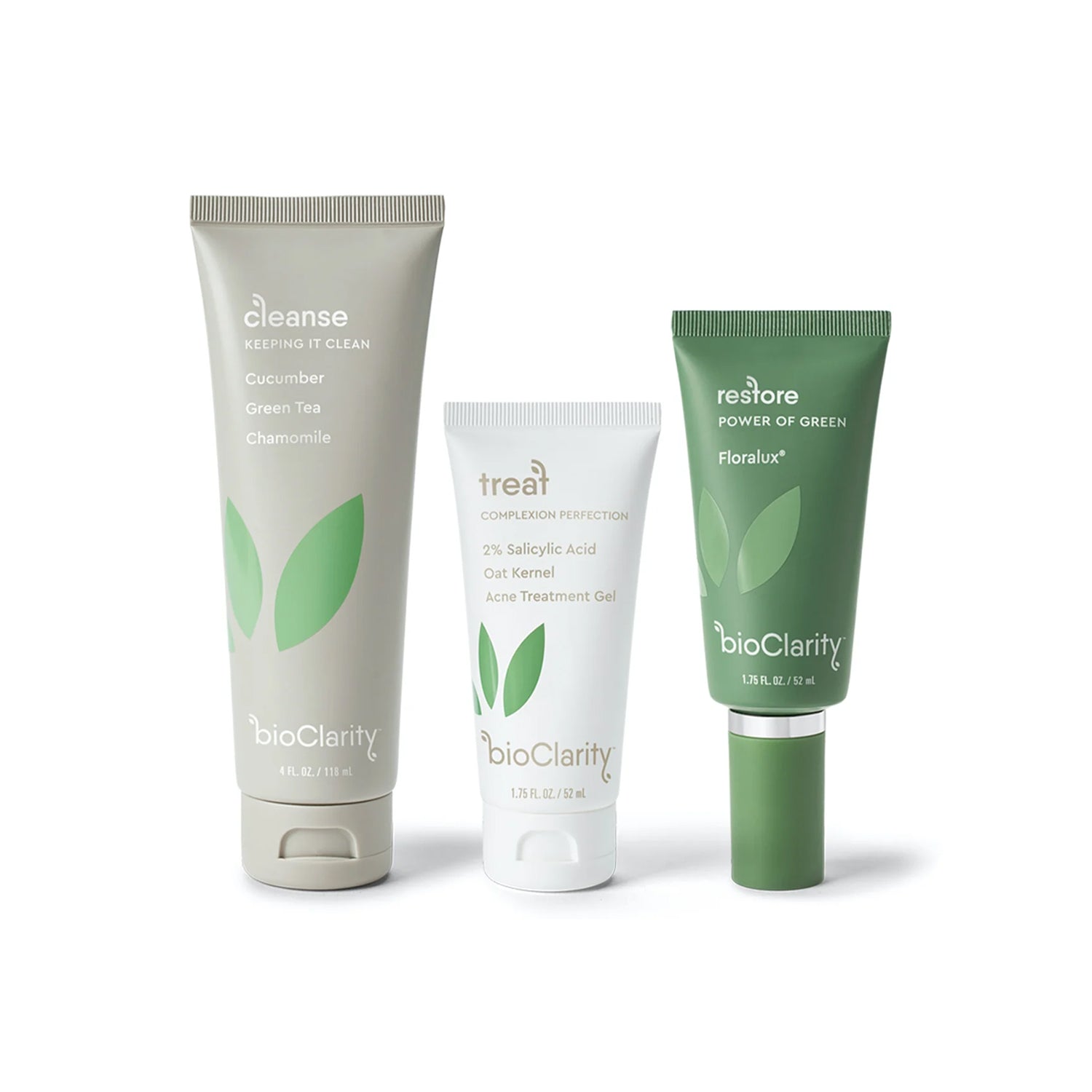
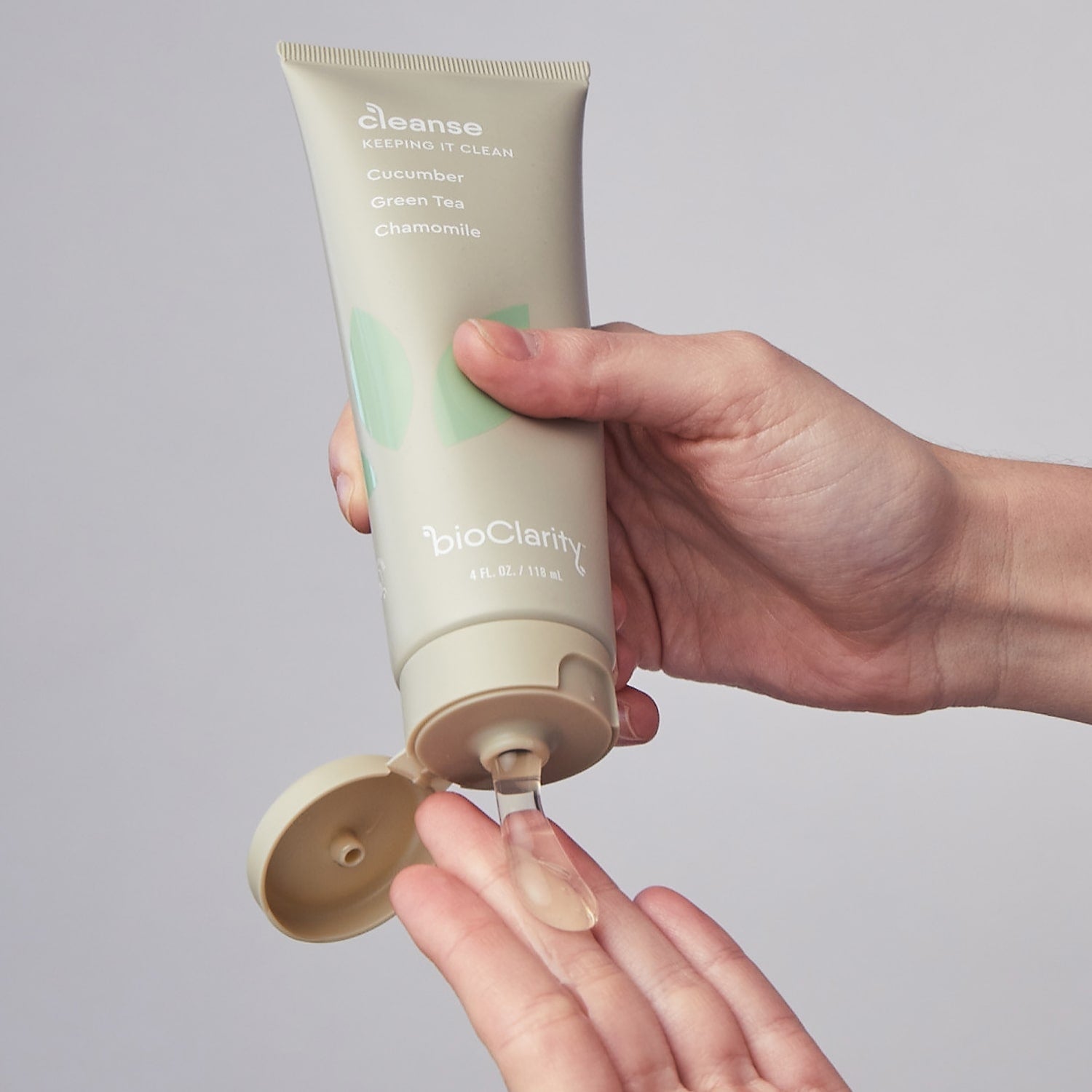
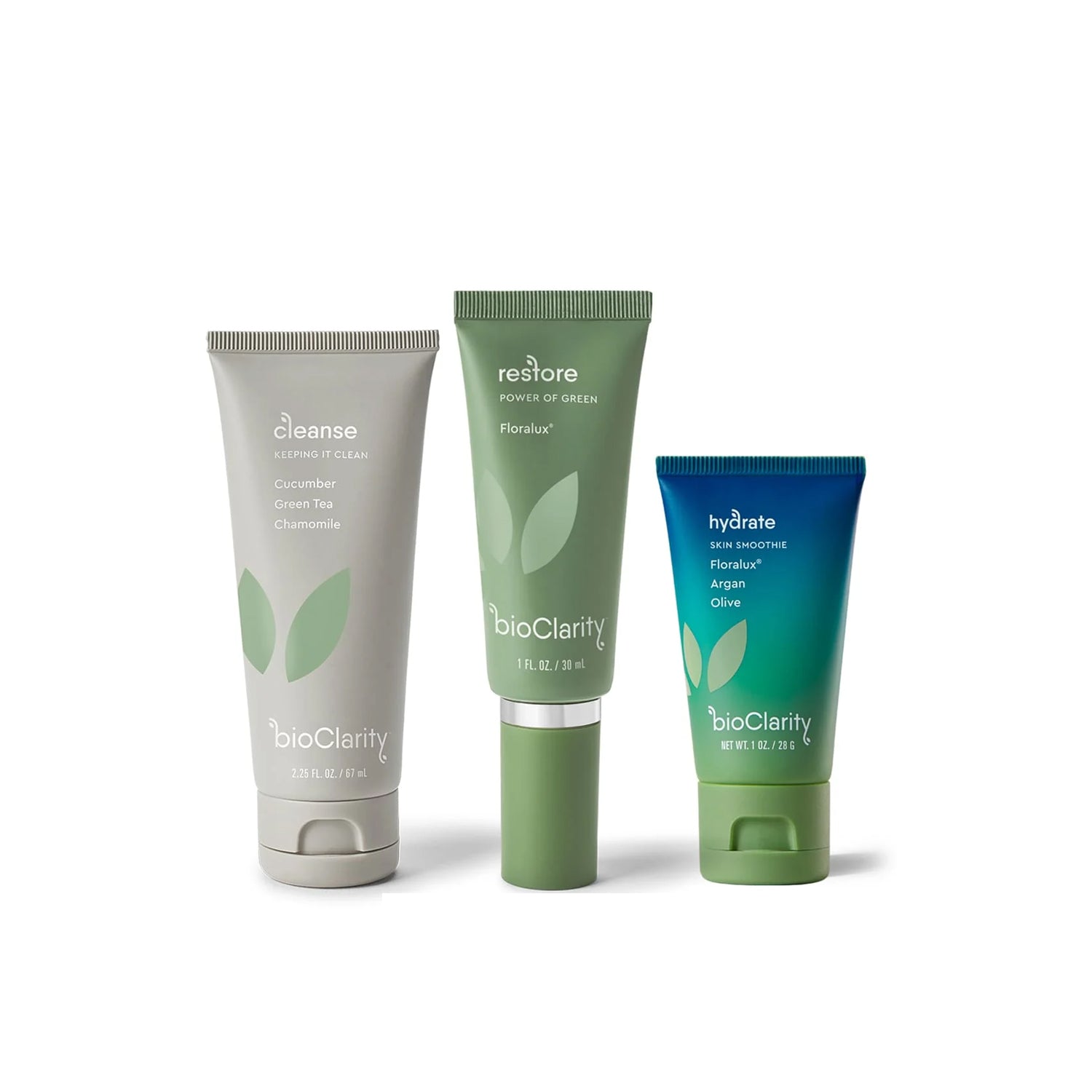
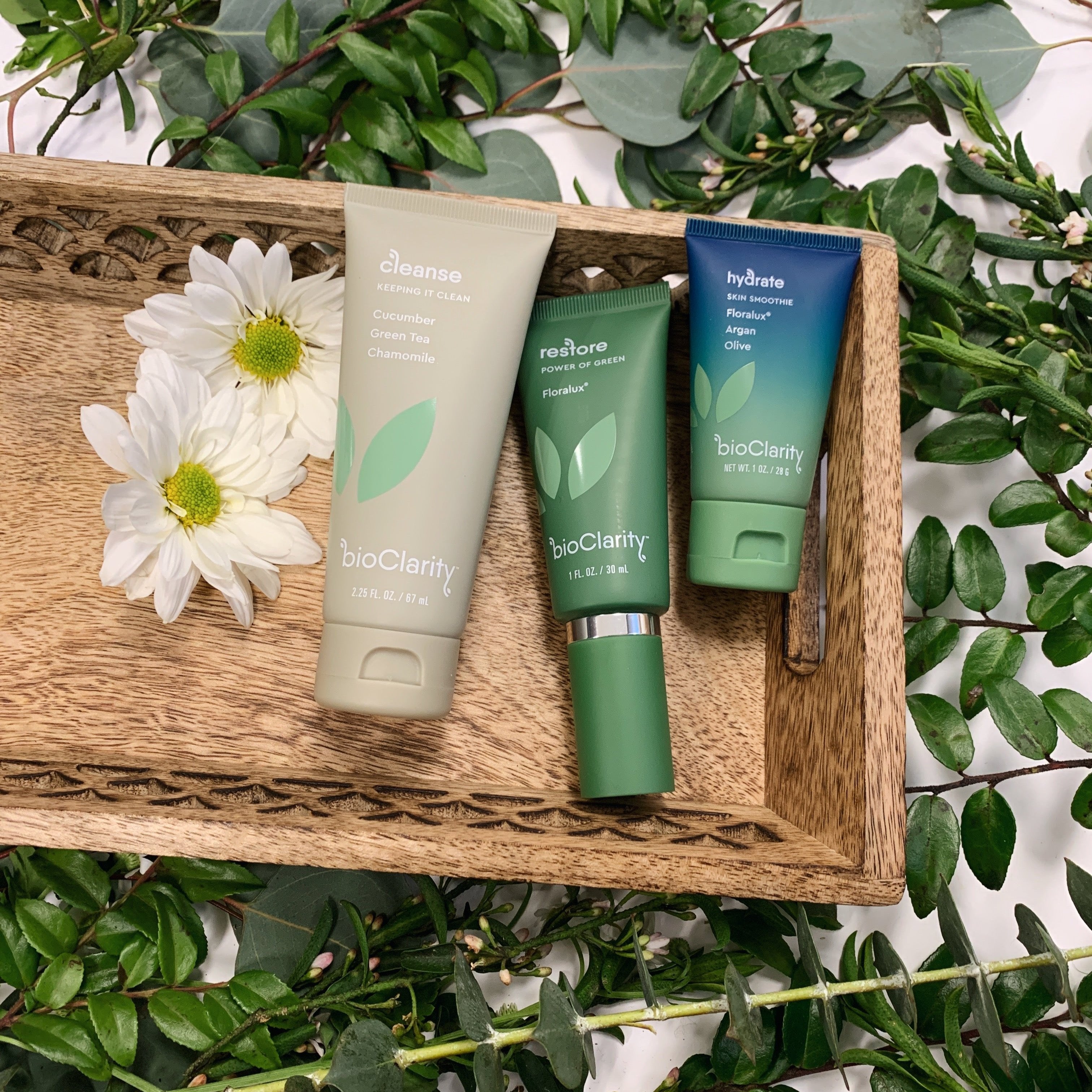
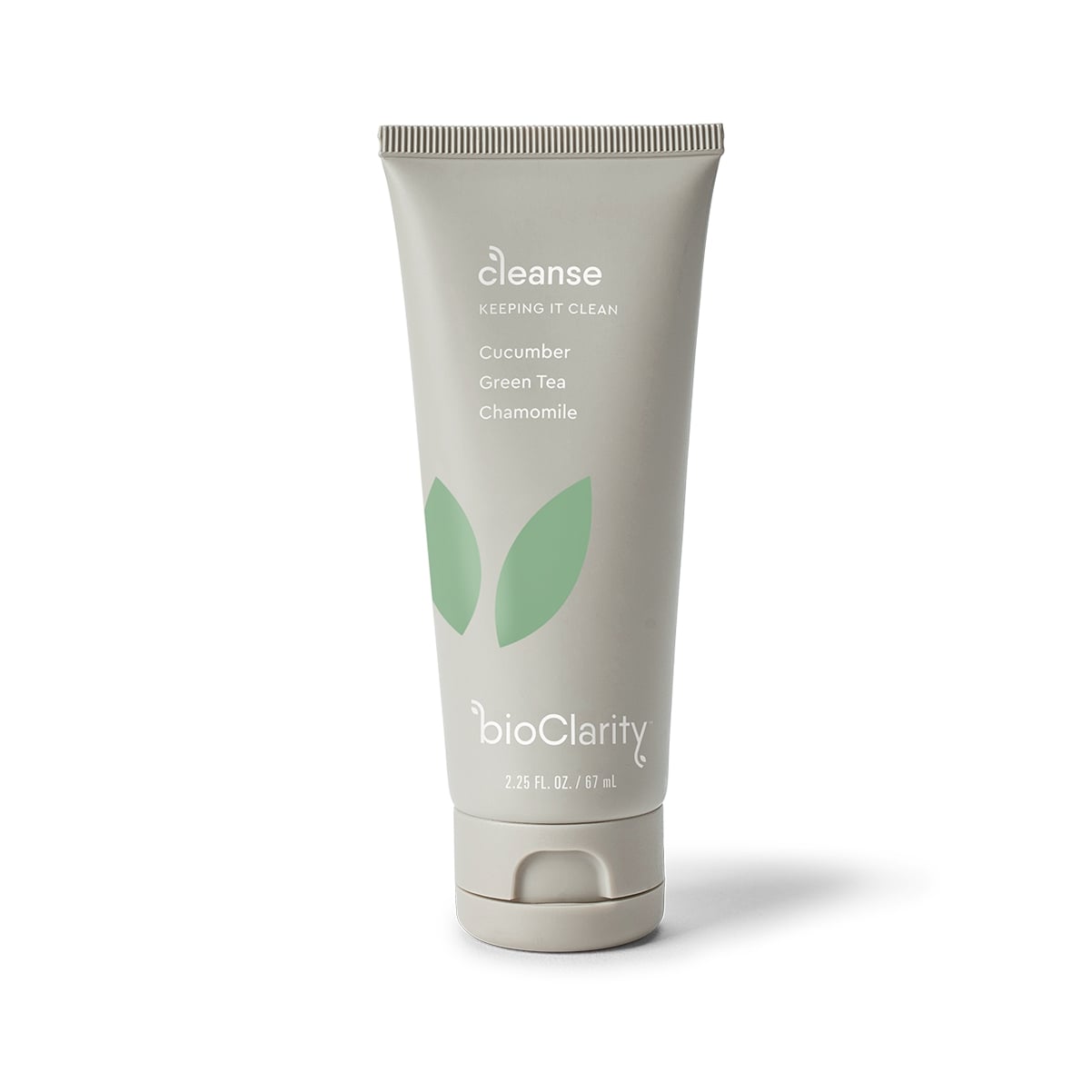
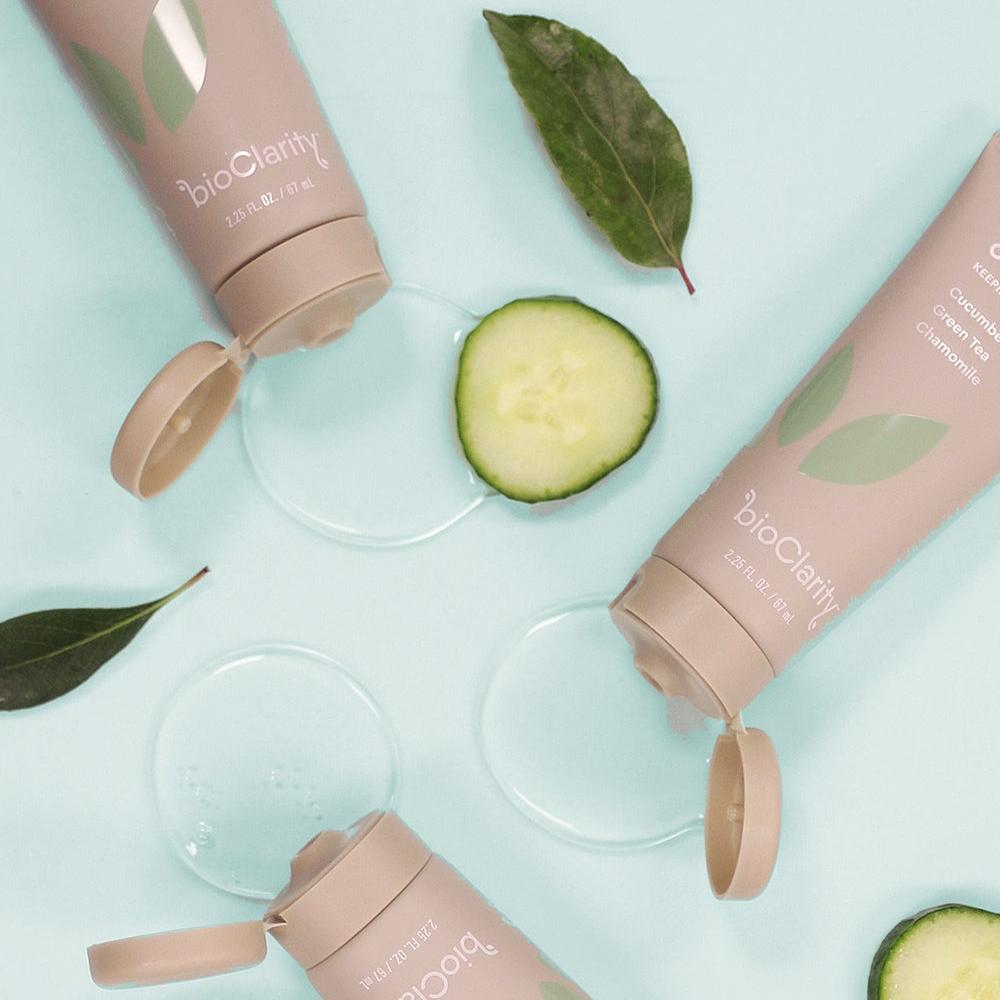



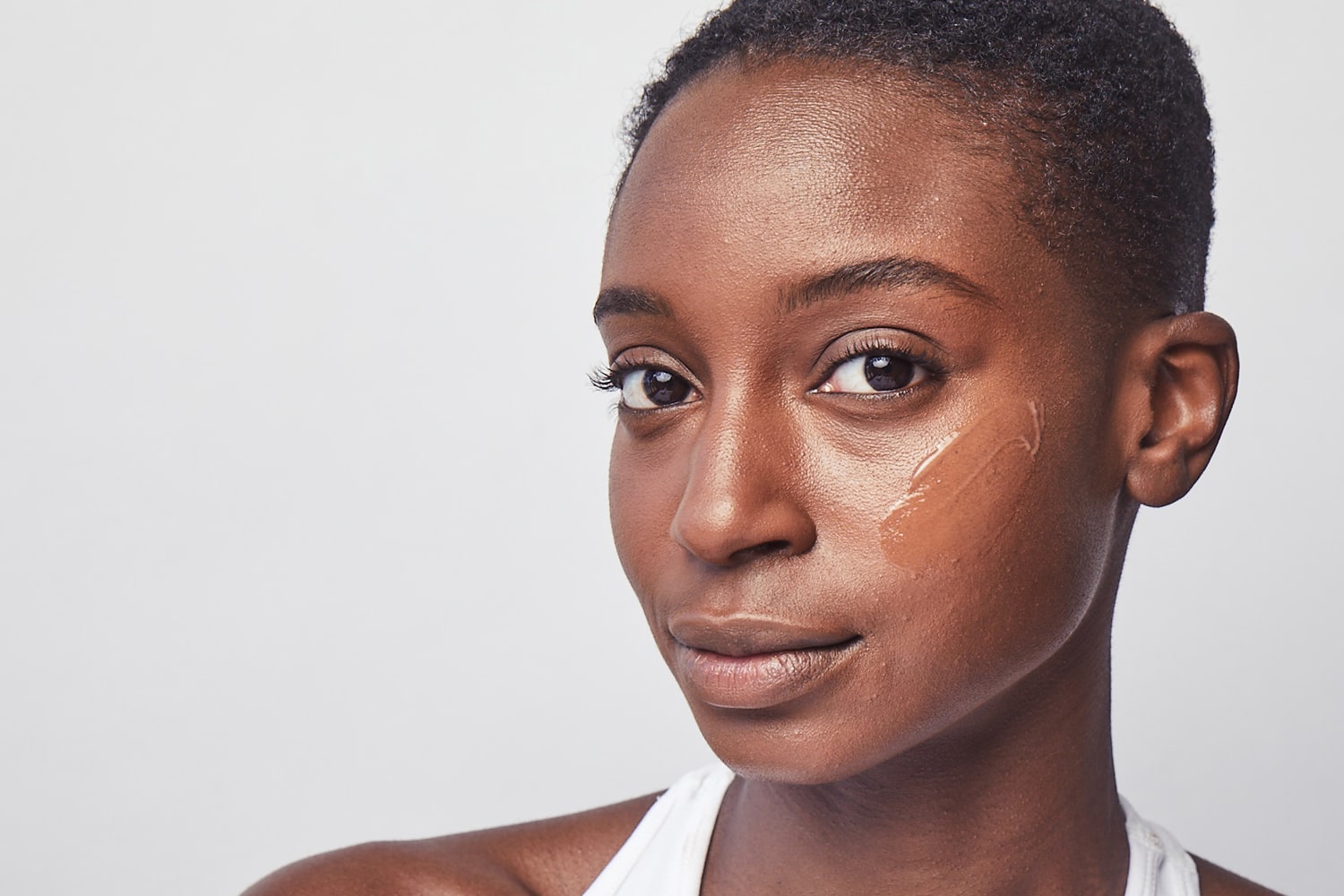
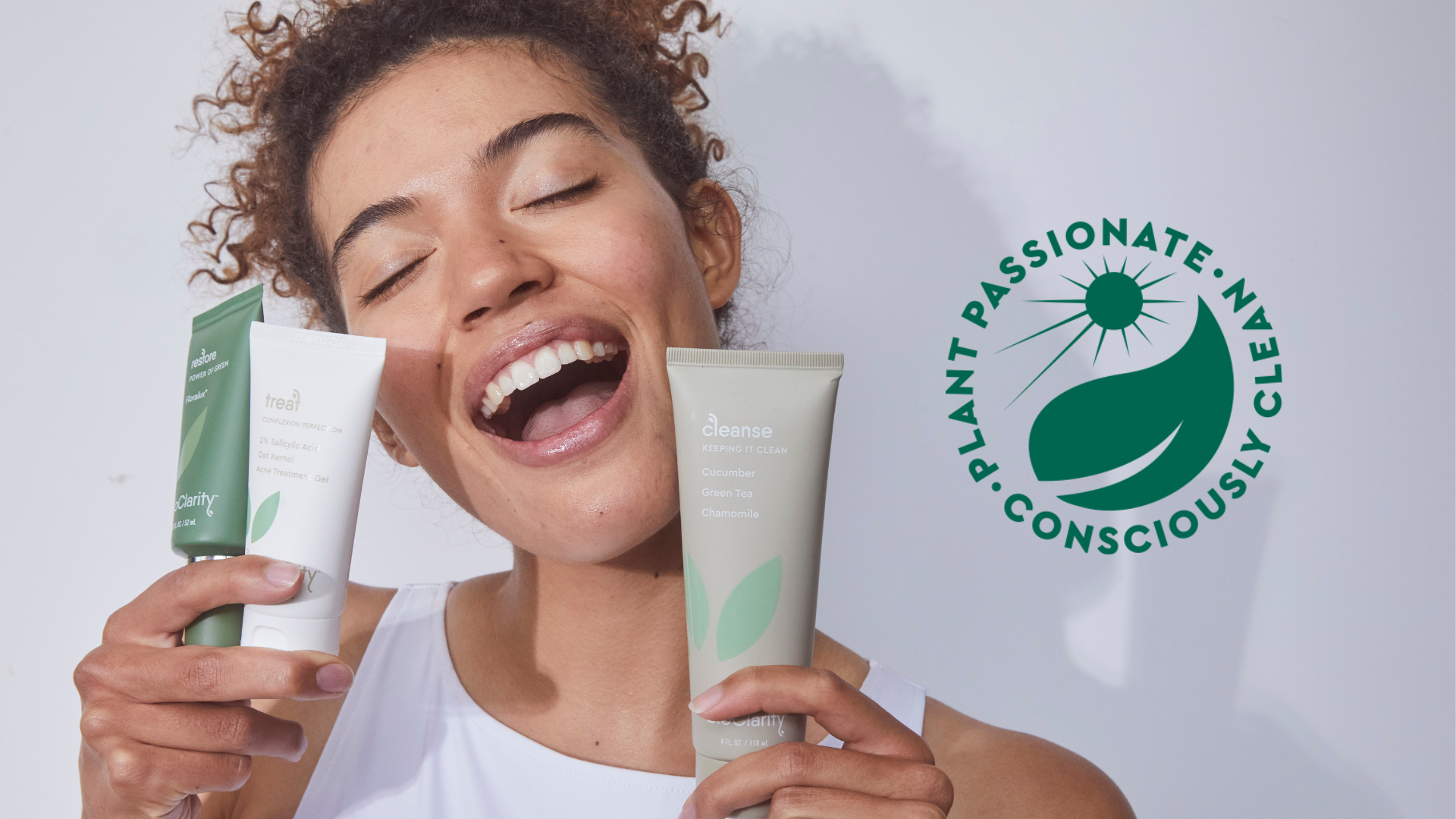
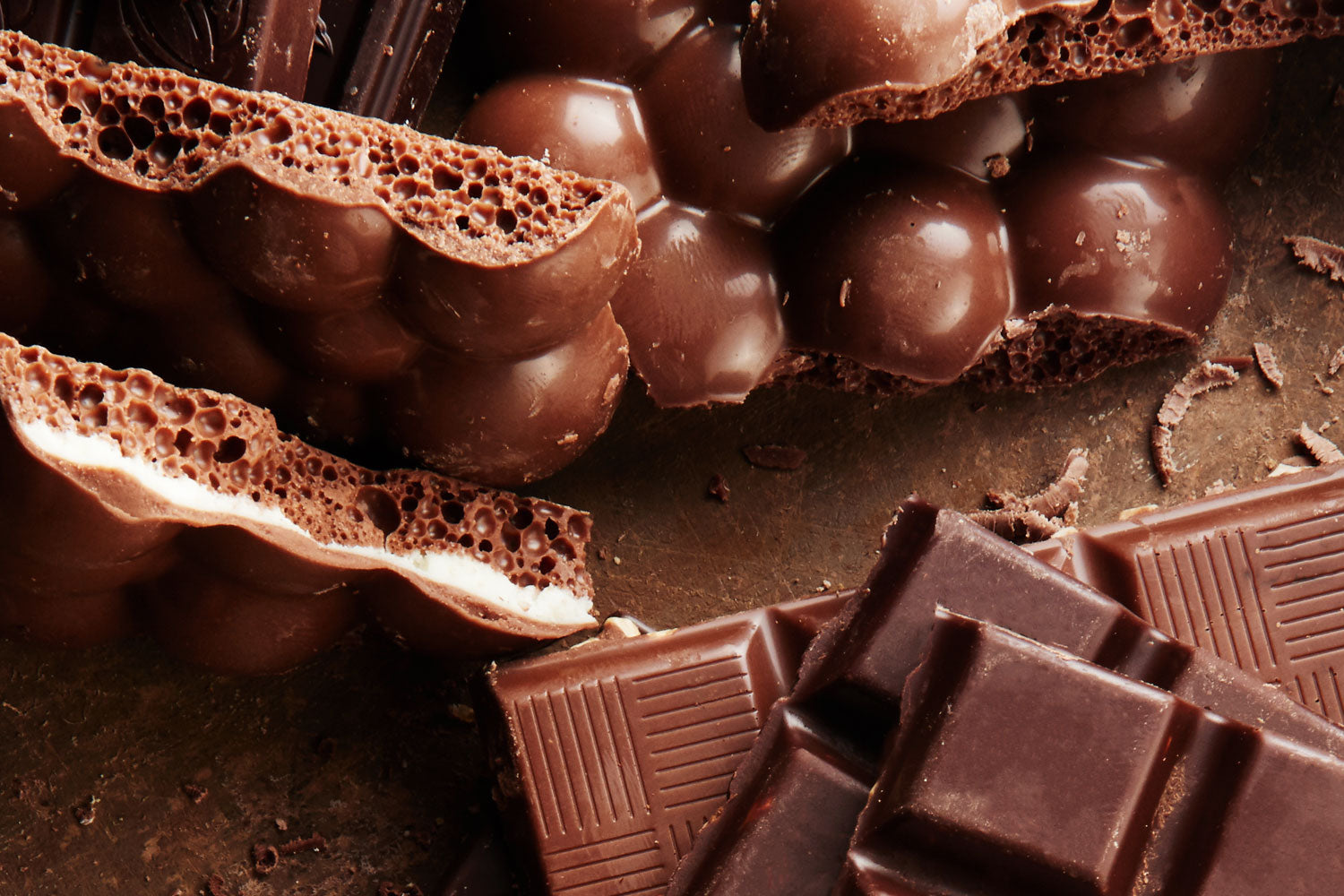
Comments